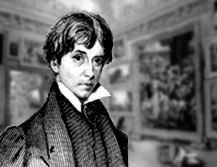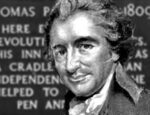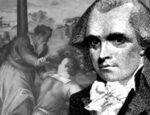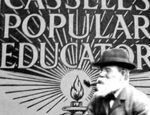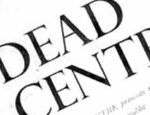Description
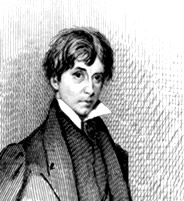 Meet the King of the Cockneys, Leigh Hunt, a middle-class campaigner for social reform and champion of routes to classical culture that bypassed the expensive classical education. He translated numerous classical poets into English in his books and magazines, wrote classically-themed poems, and frequently pushed his own countercultural lifestyle onto readers by giving them tips on how to seek out and enjoy inexpensive forms of “high culture”.
Meet the King of the Cockneys, Leigh Hunt, a middle-class campaigner for social reform and champion of routes to classical culture that bypassed the expensive classical education. He translated numerous classical poets into English in his books and magazines, wrote classically-themed poems, and frequently pushed his own countercultural lifestyle onto readers by giving them tips on how to seek out and enjoy inexpensive forms of “high culture”.
From the establishment of his Sunday journal The Examiner in 1808 he consistently encouraged his friends and readers to indulge themselves in Greek and Roman culture and not be put off by those who wished to keep it as the preserve of the educated elite. In an essay called ‘The Wrong Sides of Scholarship and No Scholarship’ (1834 & 1841), for example, he took on the subject—still contentious now (see video)—of whether or not a knowledge of Greek and Latin is necessary to appreciate a classical text. He introduces his reader to a specific type of traditionally educated gentleman, who:
“is as proud of his [classical] learning as another pompous man might be of his park and his mansion . . . He would fain make out his possession to be unapproachable, by all who have not had the same golden key. The common run of the class consists of men who really know nothing of their authors but the words, and who unconsciously feel that, on that account, they must make the best of their knowledge, and pretend it is a wonderful matter.”
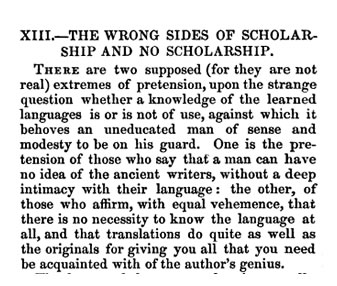 Hunt’s ‘golden key’ may indeed unlock the door of classics (and the cultural capital it affords) only for those wealthy enough to afford a classical education, but he is careful to imply that the key (i.e. the knowledge of the Greek and Latin languages) opens the door onto a room with multiple, more easily opened, doors. It is possible for anyone to gain access to the wonders of Greece and Rome through, for example, becoming “intimate with the poetry of Milton and Spenser; of Ovid, Homer, Theocritus, and the Greek tragedians; with the novels of Wieland, the sculptures of Phidias and others, and the pictures of Raphael, and the Caraccis [Annibale, Agostina and Ludovico], and Nicholas Poussin.”
Hunt’s ‘golden key’ may indeed unlock the door of classics (and the cultural capital it affords) only for those wealthy enough to afford a classical education, but he is careful to imply that the key (i.e. the knowledge of the Greek and Latin languages) opens the door onto a room with multiple, more easily opened, doors. It is possible for anyone to gain access to the wonders of Greece and Rome through, for example, becoming “intimate with the poetry of Milton and Spenser; of Ovid, Homer, Theocritus, and the Greek tragedians; with the novels of Wieland, the sculptures of Phidias and others, and the pictures of Raphael, and the Caraccis [Annibale, Agostina and Ludovico], and Nicholas Poussin.”
A morning among the ancient and more modern classical sculptures and paintings at the National Gallery will, Hunt elsewhere claims, give one a better idea of the spirit of the classical world than all the book learning of ‘mere scholarship’. Hunt does not pretend that translations can absolutely bypass the need to read authors – especially poets – in their own languages, but shows clearly that language learning should never be considered an end in itself.
For his pains, Hunt and his associates were plagued with abuse from the Tory establishment, attacking him remorselessly in publications such as Blackwood’s Magazine. It was John Gibson Lockhart (under the pseudonym of ‘Z’) who coined the mocking term ‘Cockney School’ to which the likes of John Keats and Hunt were inextricably linked. The group’s alternative, and to many unwarranted, engagement with the classical world is what provoked the harshest class-based criticism from Lockhart and other members of the Tory press.

